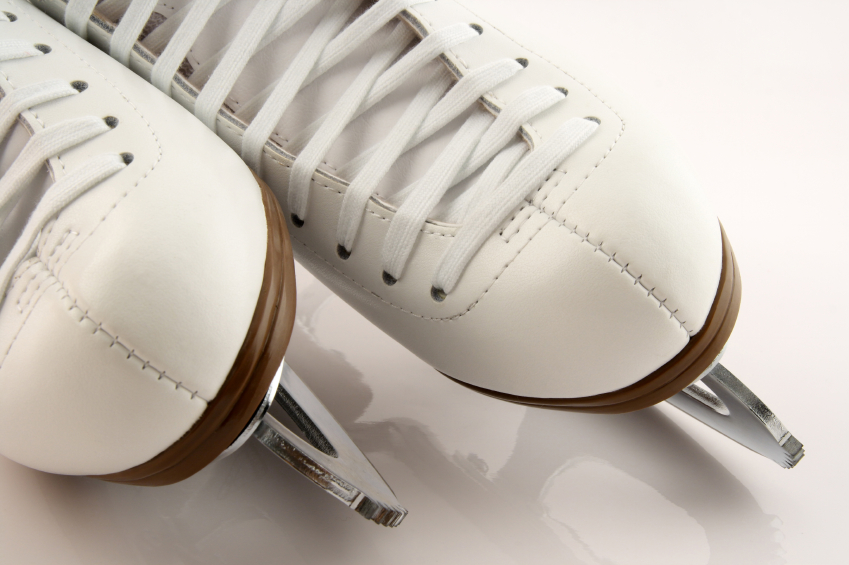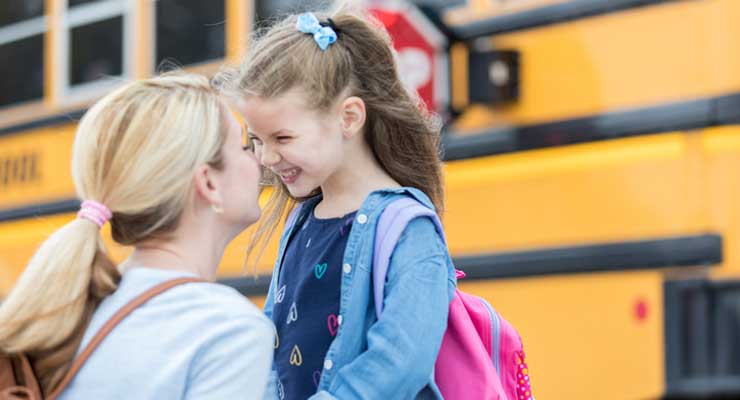Ah, the Winter Olympics.
The crazy ice dancing outfits! Men in sequins! Women racing at 90 miles an hour. Girls doing flips 100 feet in the air. A country ruled by a former KGB officer! Conjunctivitis
on air! Corrupt ice skating judges!
What a powerful parenting tool.
Every day, just by pushing a button, my kids and 22.5
million other viewers got a lesson in history, geography, physical education, international
relations, temperate zones and diverse cultures all wrapped into one.
Nice not to feel guilty for letting my children watch
television for two whole weeks straight.
And because here on the East Coast, we had three snow days
during the Olympics, my family watched a lot of skiing, snowboarding, hockey
and figure skating. I am hoping NBC
feels they got their money’s worth, having paid $775 million for the Olympic
broadcast rights.
Here is what we learned:
The modern Olympics were resurrected in Greece in 1896. This year, 2,871 athletes from 88 countries
competed against each other. Russia spent a record $51 billion on the 2014
Olympics. Hundreds of stray dogs were captured and killed to sanitize the
streets of Sochi. Many, many people worried about whether there would be enough
working toilets. And you can ski in a
subtropical vacation resort.
But the one lesson I wish the coverage of the Olympics
spotlighted more: the upside of losing. And I
don’t mean the women’s US hockey team getting silver two times in a row instead
of gold. I’m talking about trying your
hardest, making sacrifices for most of your life, asking your family to sell
their farm to fund your athletic goals, and then failing in front of 22.5
million people.
How does that feel?
The United States sent 230 qualifying athletes to the Winter
Olympics. We came home with 9 gold
medals. That means more than 95% of our athletes
came home losers.
Like 25-year-old speed skater Brittany Bowe. Aaron Blunck, a 17-year-old free style skier
from Denver. Madison Chock, a 21-year-old
figure skater from Torrance, California. Summer Britcher, a 19-year-old luge
competitor from Baltimore, Maryland.
Evan Bates, a 24-year-old figure skater from Ann Arbor, Michigan.
Each brought home exactly zero medals.
The majority of athletes who trained, sacrificed, and
suffered to be in the Olympics did not win a thing. Yet they probably were as hopeful, and
dedicated, as Mikaela Shiffrin, the 18-year-old gold medal skier from New
Hampshire who became the world’s youngest Olympic slalom champion.
Losing a
competition without losing your faith in yourself is character building, as
well as character revealing. And maybe these “losers” learned even better
lessons, the same kind of lessons our more anonymous kids learn every day.
We parents try so hard to protect our kids from losing, from
failure. But learning to lose without
letting the experience break you can strengthen a kid and paradoxically, make a
child even more bold and brave in pursuit of later goals. That kind of character is what I wish to build
in my children every day.
For every American who wins a gold medal, I’d love to see a
People Magazine cover story about one who came in 4th. How about profiling the competitors who came in last, or those who got injured and never came
back in triumph?
I wish the Olympics
could show kids that it is the trying that changes you, that transforms you – not being on the cover of a Wheaties box or appearing on the Today Show.
The Sochi Winter Olympics were disappointing for Americans
overall. We ranked fourth in medal haul,
compared to being second or third in the Vancouver, Turin and Salt Lake City
Winter Olympics. Since the Games began,
our accumulated Winter Olympics rank is #2, with 253 total medals, second only
to Norway.
But from a parent’s view, in many ways, this was America’s best
Olympics yet – since we won fewer gold medals – and our athletes keep trying
anyway.





